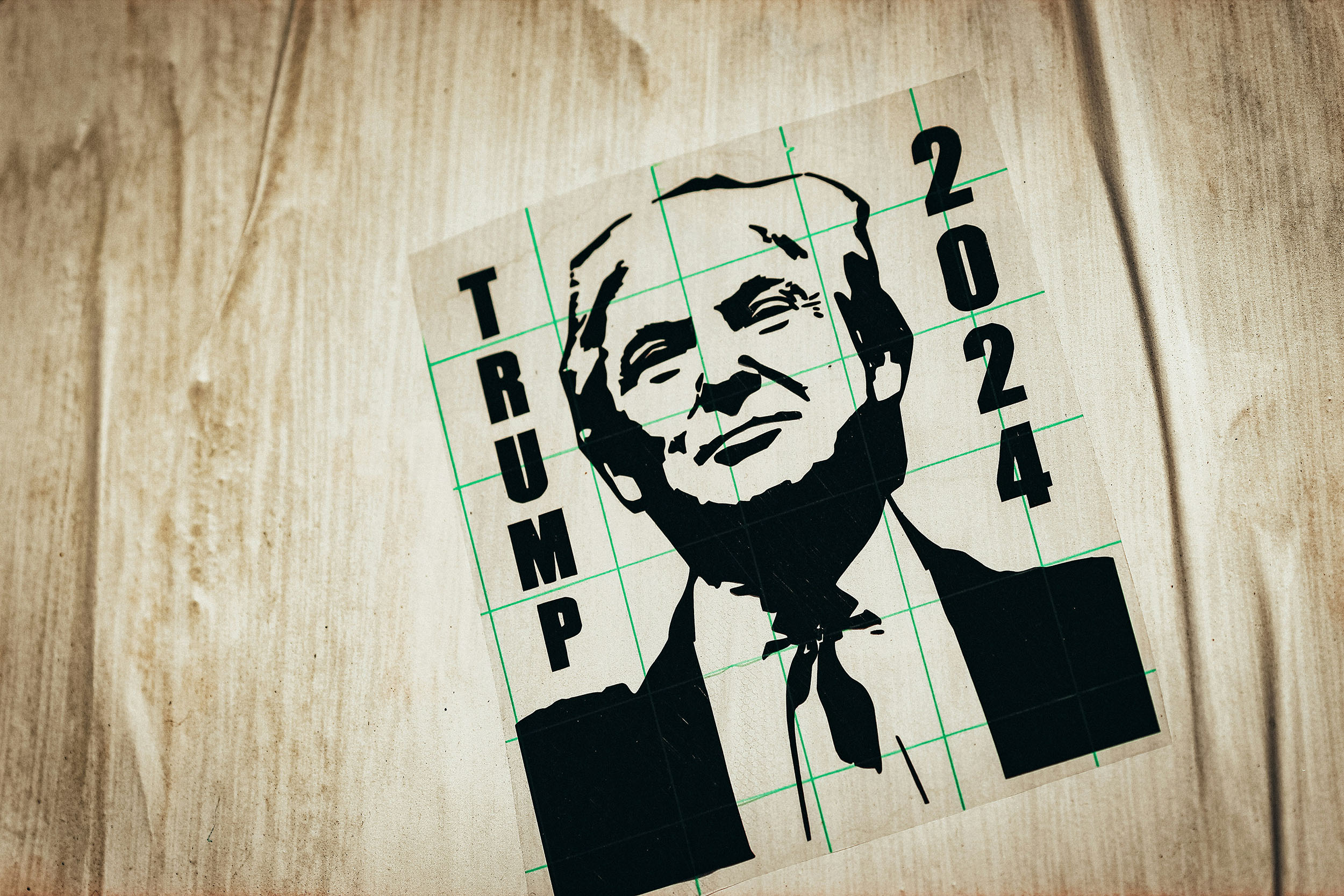Megan Shipman and Michael Lawrence
The Version of Record of this op-ed was published in the The Globe and Mail.

We all knew that Donald Trump might be re-elected, but many of us – including our leaders – are nevertheless scrambling in reaction to his sweeping victory. Canadians are naturally worried about the immediate impacts, such as tariff-induced price increases or a burst of cross-border refugees escaping deportation. These proximate effects of Trump 2.0 could be bad enough, but systems analysis shows that the downstream effects of the new administration’s policies could be much worse.
Our research at the Cascade Institute warns that Mr. Trump could activate vicious cycles in global systems and propel calamities that long outlive his second term. Only by anticipating these long-term systemic impacts – and acting on that knowledge – can we hope to avoid the most severe outcomes.
Putting aside his singular personality, Mr. Trump is in many ways a product, or a symptom, of global systemic stresses that long predated his first presidency, including worsening economic precarity and inequality, widespread political and social alienation, weakening multilateral institutions, rising global temperatures, and an unstable geopolitical order. He exploited such stresses to rise to power and will almost certainly accelerate them during his return to office.
That acceleration could ultimately cause the stresses to gain their own momentum in what systems scientists call self-reinforcing feedback loops – commonly known as “vicious cycles.” In these loops, an initial change produces effects that further amplify the initial change, which in turn amplifies the effects and so on, in a runaway spiral.
While most commentators quite reasonably focus on the immediate dangers of Mr. Trump’s plans to weaponize the judiciary, deport millions of undocumented immigrants, shirk NATO commitments, and impose drastic tariffs, we instead examined how such policies could initiate eight specific vicious cycles in domestic and global systems. For instance, domestically Mr. Trump has both tapped and exacerbated nationalist xenophobia to build his political power. But his promised mass deportations will devastate multiple sectors, especially agriculture and construction. The resulting economic crisis could then further inflame nationalist xenophobia, legitimizing even more punitive measures against immigrants and worsening the economic crisis.
Globally, Mr. Trump is already gearing up for a trade war in which his promised tariffs provoke retaliation by other countries in a tit-for-tat escalation. This vicious cycle would heighten inflation and stifle economic growth worldwide. Further, American tariffs targeting China risk fragmenting the global economy into rival geo-economic blocs competing for resources through exclusive supply chains.
While the trade war escalates, we can also expect Mr. Trump to withdraw from – or greatly diminish U.S. support for – multilateral institutions such as NATO, the WHO, the UN, and the Paris climate treaty. The benefits, effectiveness, and legitimacy of such arrangements depend on the extent of their membership, and especially on the participation of leading countries. American withdrawal would decrease the incentives for other countries to energetically participate, and perhaps even trigger a self-reinforcing exodus from such institutions. The decline in global partnerships would be devastating for health, humanitarian aid, economic growth, international security, and climate action.
The greatest risk is that these – and other – vicious cycles will interact and worsen one another, amplifying economic turmoil and geopolitical strife while simultaneously degrading our collective capacity to respond to crisis. So how can we prevent or at least lessen such feedback effects?
First, Canadian policymakers need to think more systemically, by mapping how Trump 2.0 could fundamentally shift the long-term behaviour of global economic, institutional, ecological, and geopolitical systems. For example, in response to a likely surge in illegal border crossings by U.S. migrants facing deportation, commentators are calling for Canada to change its asylum policies and to broadcast that irregular asylum seekers will be denied entry. But if xenophobia, deportation, and economic crises start amplifying one another in the U.S., irregular immigration will become an ongoing problem that border restrictions alone won’t prevent.
So, restrictive policies should be coupled with a co-ordinated, longer-term program to help greater numbers of immigrants settle across Canada, in order to prevent local services from being overwhelmed and to reduce pressure on areas already heavily hit by housing shortages. Second, we need to look for ways Canada can exert real leverage to disrupt emerging feedback effects. For instance, as the U.S. withdraws from multilateral institutions, Canada should stay – and, just as importantly, urge our allies to stay – to slow or even stop any bandwagon effect by other countries.
Vicious cycles are not the inevitable, inexorable processes they may seem to be. Whether Trump 2.0 triggers and accelerates dangerous feedbacks around the world will ultimately depend on whether other countries act concertedly to anticipate, avoid, and break these cycles.
